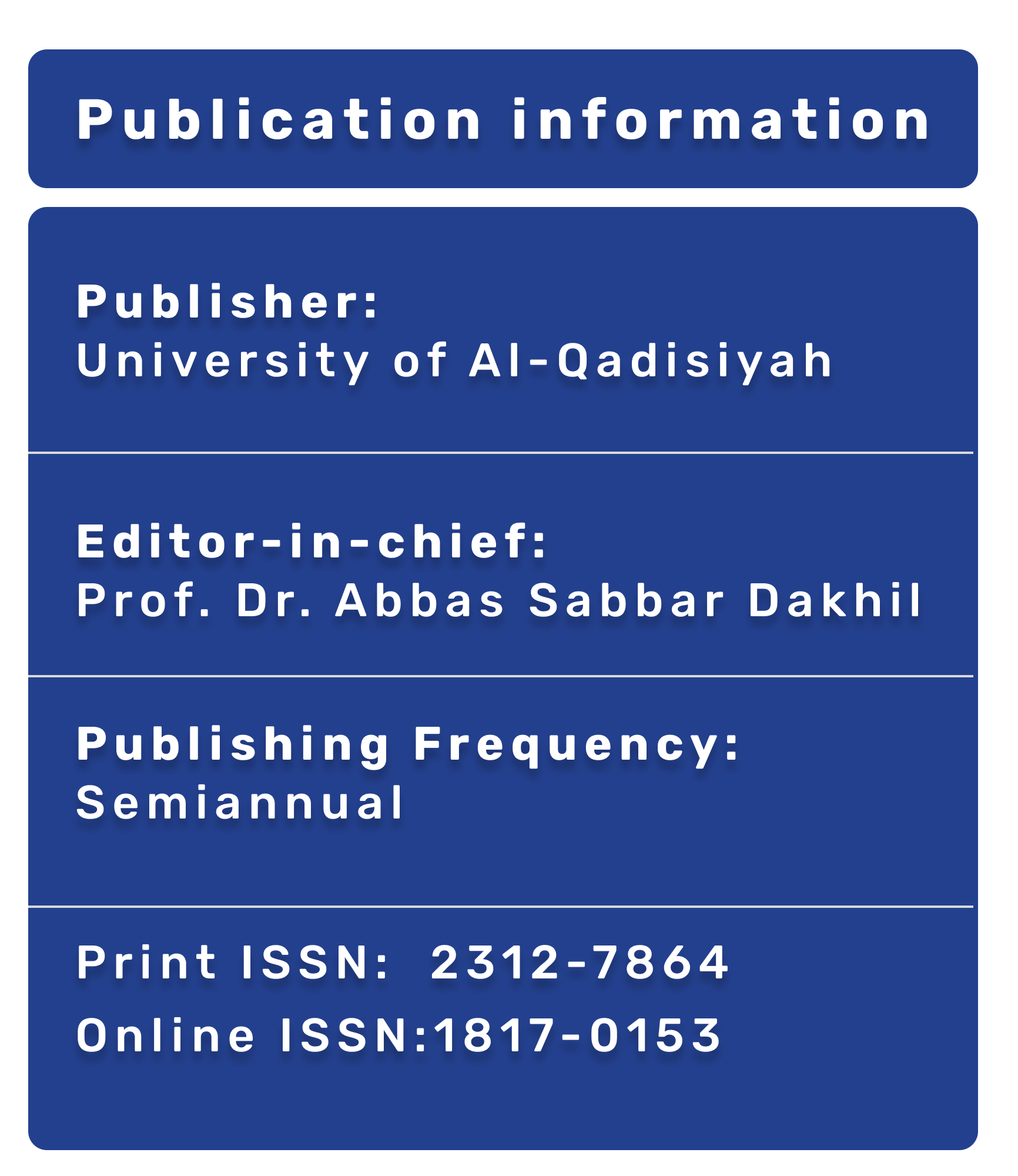The role of laparoscopic drilling in the treatment of polycystic ovarian syndrome
DOI:
https://doi.org/10.28922/qmj.2018.14.26.94-99Abstract
PCOS patients diagnose by having two of the following criteria: first oligo- and/or anovulation, second hyperandrogenism (by clinical picture with or without biochemical features), and lastly ultrasound findings of polycystic disease. The underlying cause of PCOS is unknown. Theories about cause may include genetic predisposition. The role laparoscopic drilling for ovaries show advancing in treatment of PCOD in form of restore ovulation specially those patients in whom there is resistant to clomiphene citrate or incompliant for long term therapy.
Aim of the study: in this retrospective study we discuss the role laparoscopic ovarian drilling (LOD) in the correction of ovulation failure in PCOD patients showing primary infertility.
Patients and methods: This study includes 50 patients female, age between (22-35) years old. Inclusion criteria including period of infertility of 1–10 year duration, body weight increase with (BMI 29–35 Kg/m2),gynecological problems with abnormal mensturation, clinical pictures goes with high level of androgen hormone like acne vulgaris and hirsutism.
RESULTS: 50 patients were studied here .In 40 patients (80%), they show no menstrual cycle changes. Follow up period was 12 months.30 of patient (60%) had pregnancy; the mean time for the first pregnancy was 3.5months after operation.








